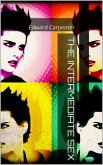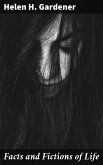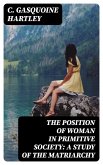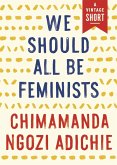An essay in defence of the female sex stands as a seminal work in early feminist literature, encompassing a rich tapestry of styles and arguments that speak to its time yet echo profoundly in modern discourse. The collection thoughtfully unravels themes surrounding women's societal roles and intellectual capacities, challenging the preconceived notions of the 17th and 18th centuries. Through its insightful essays, the anthology critiques gender hierarchies and advocates for the intellectual and social empowerment of women. It features a range of essays that traverse satire and serious discourse, blending humor with poignant argumentation to drive home the crucial need for gender equity. The authors, including notable figures such as Mary Astell and Judith Drake, contribute their formidable insights into the collection, resonating with the early enlightenment's spirit of questioning and reform. These pioneering voices emerged at a nexus of cultural and intellectual upheaval, harnessing the power of the written word to advocate for change. By aligning with early feminist and enlightenment movements, they collectively provide a nuanced and powerful exploration of women's rights and roles in society. This anthology is highly recommended for those interested in exploring the diverse perspectives and styles offered by these early feminist thinkers. It is an essential read for understanding the historical context of gender debates and the intellectual strides made by women writers of the period. Through engaging narratives and incisive argumentation, An essay in defence of the female sex encourages readers to reflect on the enduring conversation around gender equality and the vital contributions of women to literary and social discourse. This collection stands as a crucial dialogue piece for both historical and contemporary audiences.
Dieser Download kann aus rechtlichen Gründen nur mit Rechnungsadresse in A, B, BG, CY, CZ, D, DK, EW, E, FIN, F, GR, H, IRL, I, LT, L, LR, M, NL, PL, P, R, S, SLO, SK ausgeliefert werden.









